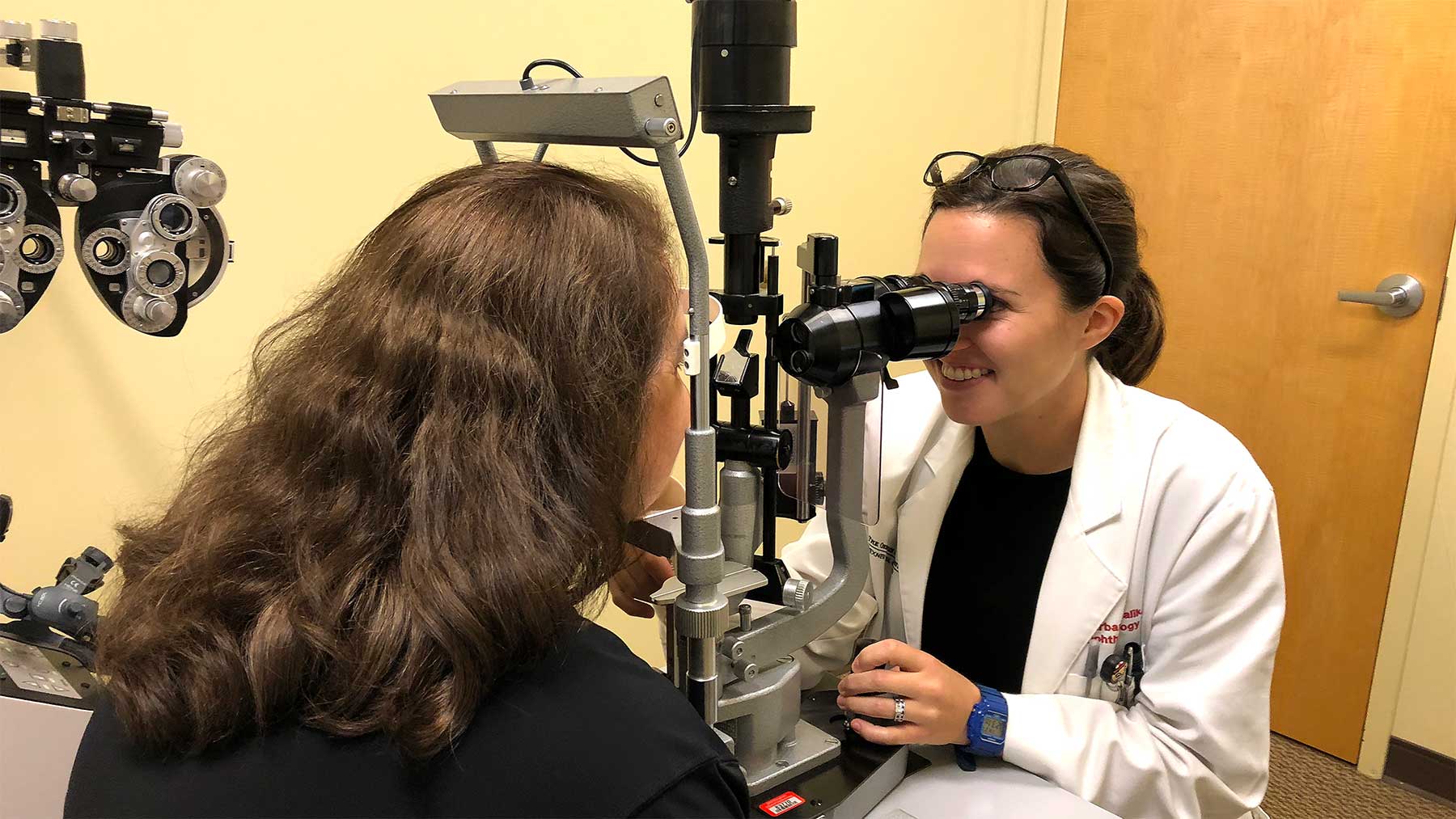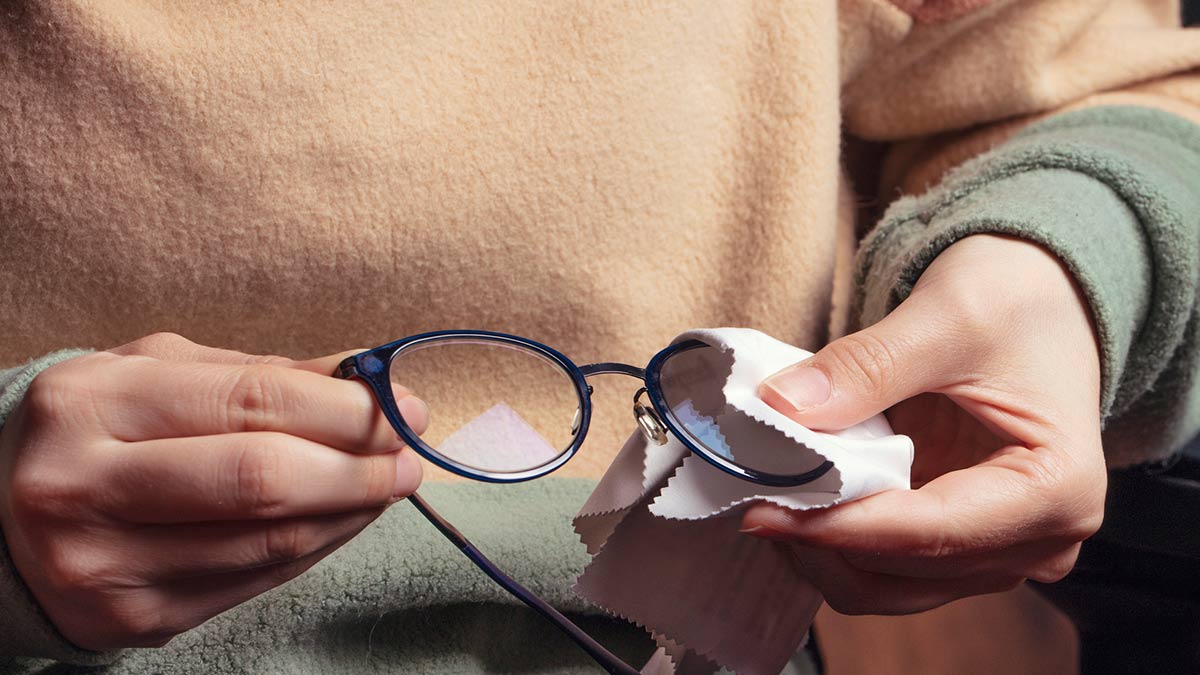Don't forget eye care while managing diabetes

Doing a good job managing your blood sugar? Check.
No noticeable problems with your vision? Check.
So, no need to see an eye doctor this year? Not so fast.
Barbara Mihalik, OD, assistant clinical professor with the Ohio State Department of Ophthalmology and Visual Science, says a common error among those with diabetes is forgoing an annual eye exam.
“Many people think that just because your vision is good that your eyes are not being affected by your diabetes,” says Dr. Mihalik.
Protecting your eyes starts with ensuring your diabetes is being properly managed, but also includes having your eyes checked with a dilated eye exam each year.
What is the connection between blood sugar and eye health?
Blood glucose levels primarily affect the lens in the eye and, more importantly, the retina.
Short-term effects include vision changes during the day when blood sugar levels are too high or too low – those levels cause the lens in the eye to swell and shrink with these changes.
In the long-term, high blood glucose levels cause blood vessels to become weak which leads to bleeding. When this occurs in the eyes, it is known as diabetic retinopathy. Cataracts can also occur sooner with poorly controlled blood glucose levels.
“When your vision starts to change, it doesn’t just mean you might need new glasses – in actuality the eye itself is undergoing damage from the diabetes,” explains Dr. Mihalik.
Who is most at risk for diabetic retinopathy?
The longer a person has diabetes, or the more uncontrolled their blood sugar levels are, the more likely they are to develop diabetic eye changes regardless of age, sex or race.
What are the warning signs?
Fluctuations in vision throughout the day as well as slowly worsening vision can indicate potential damage occurring in the eyes.
“However, many patients will not notice any changes in vision until the retinopathy reaches advanced stages, so it is best to have your eyes dilated and examined once a year by an eye care provider,” shares Dr. Mihalik.
How is retinopathy treated?
In the early stages, retinopathy will be monitored and can be reversed with better blood sugar levels.
In the later stages, after damage has occurred to the retina, laser and injections into the eye can be done to prevent further damage and loss of vision.
How can you prevent diabetic retinopathy?
Maintaining a healthy lifestyle with regular exercise and a healthy diet as well as good control of blood glucose levels can help prevent diabetic damage in the eyes, according to Dr. Mihalik.
Also, regularly talk with your diabetes doctor so that they can monitor any medications needed to help keep your blood sugar at the appropriate level.
What else should diabetics know about eye health care?
Diabetic retinopathy is preventable with good control of blood sugar levels. Those with type 2 diabetes can potentially have their diabetes diagnosis of retinopathy reversed with a change to a healthier lifestyle while maintaining a blood sugar level within a normal range. It requires a lot of work, but is well worth it in the end.




